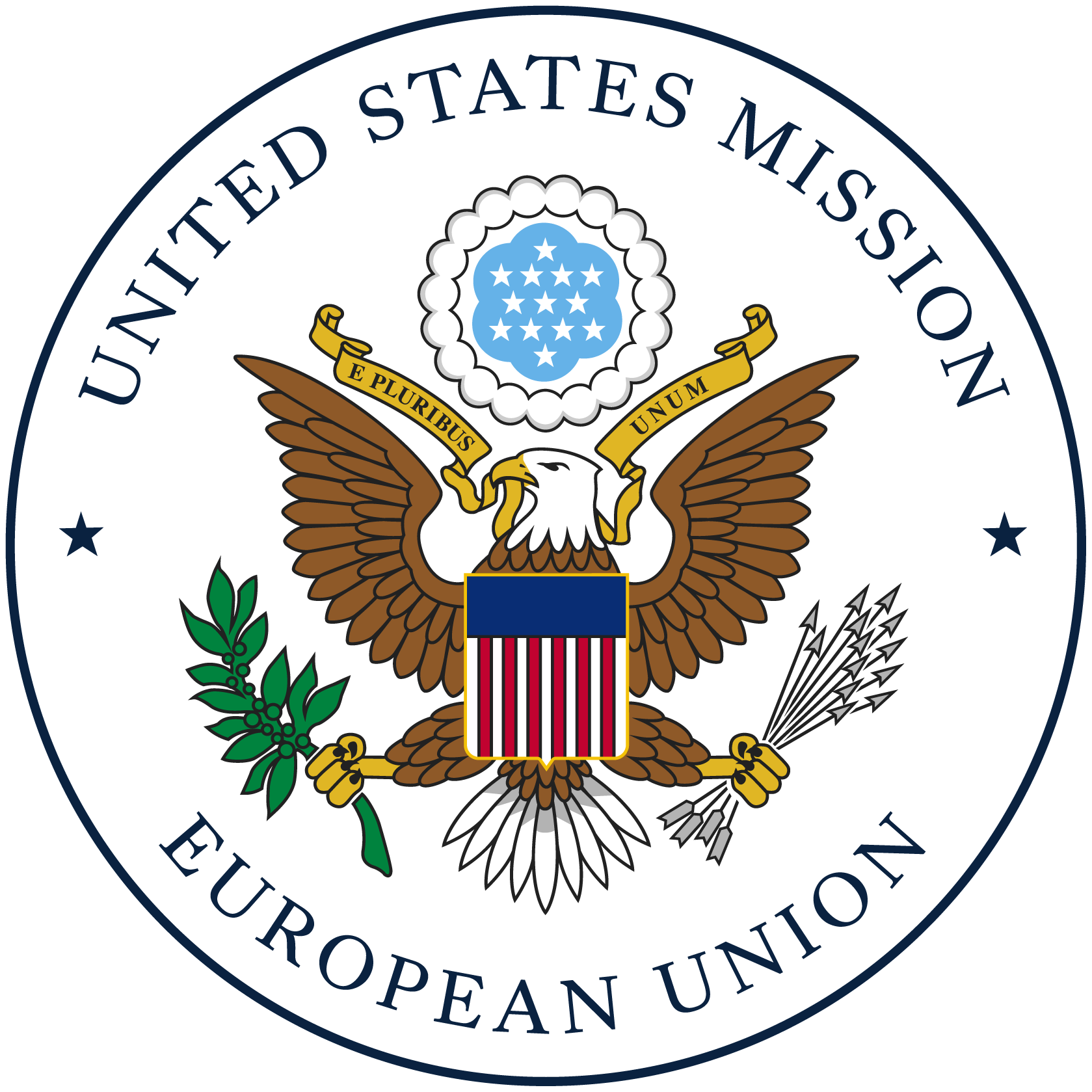European Parliament and Council Regulation 1831/2003 sets out rules for the authorization, marketing and labeling of feed additives. Only feed additives that were granted an authorization following a scientific evaluation by the European Food Safety Authority (EFSA) may be put on the market.
Commission Regulation 429/2008 sets out detailed rules for the preparation of applications and the assessment and the authorization of feed additives.
The regulation covers the following feed additive categories:
- Technological additives (e.g. preservatives, antioxidants, emulsifiers, stabilizing agents, acidity regulators, silage additives)
- Sensory additives (e.g. flavors, colorants)
- Nutritional additives (e.g. vitamins, minerals, amino acids, trace elements)
- Zootechnical additives (e.g. digestibility enhancers, gut flora stabilizers)
- Coccidiostats and histomonostats
A Community Register of feed additives is updated whenever authorizations are modified. Authorizations are granted for 10 years and are renewable. Applications for re-evaluation have to be submitted at least one year before the expiry date of the authorization.
Revision of the Feed Additives Regulation
The Commission is planning a revision of the feed additives legislation to modernize the EU rules on feed additives in line with the ambitions under the EU’s Green Deal.
With a revision of the feed additives legislation, the Commission aims to adapt the rules to “address the goals of sustainable farming and to raise awareness of the positive effects for the environment and animal welfare.” The Commission hopes that any revisions will help “facilitate the marketing of sustainable and innovative feed additives and a more sustainable livestock production, avoid carbon leakage through imports while keeping a high level of protection of animal, human health and the environment and streamline the corresponding authorization process, including its information requirements and evaluation criteria.”

